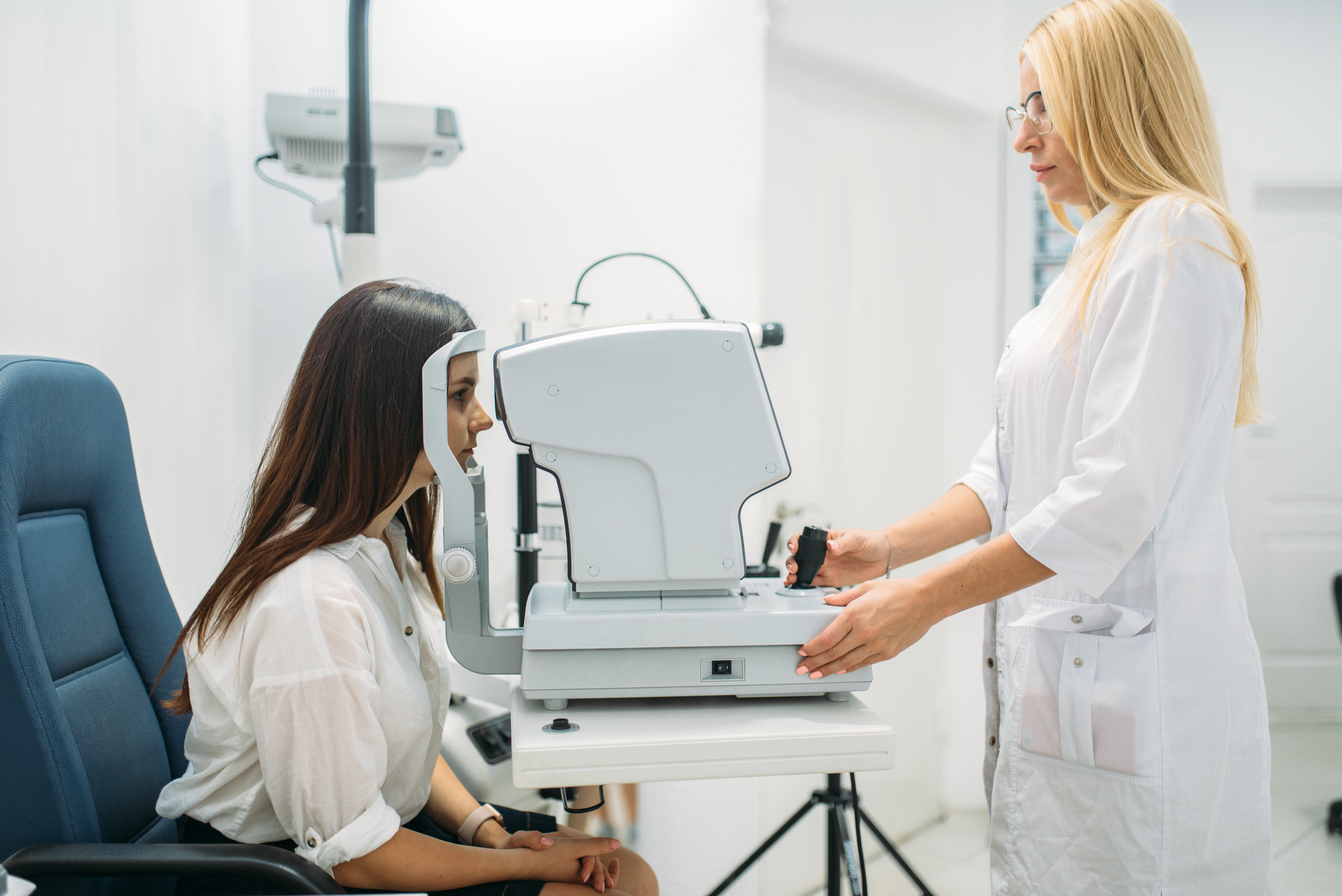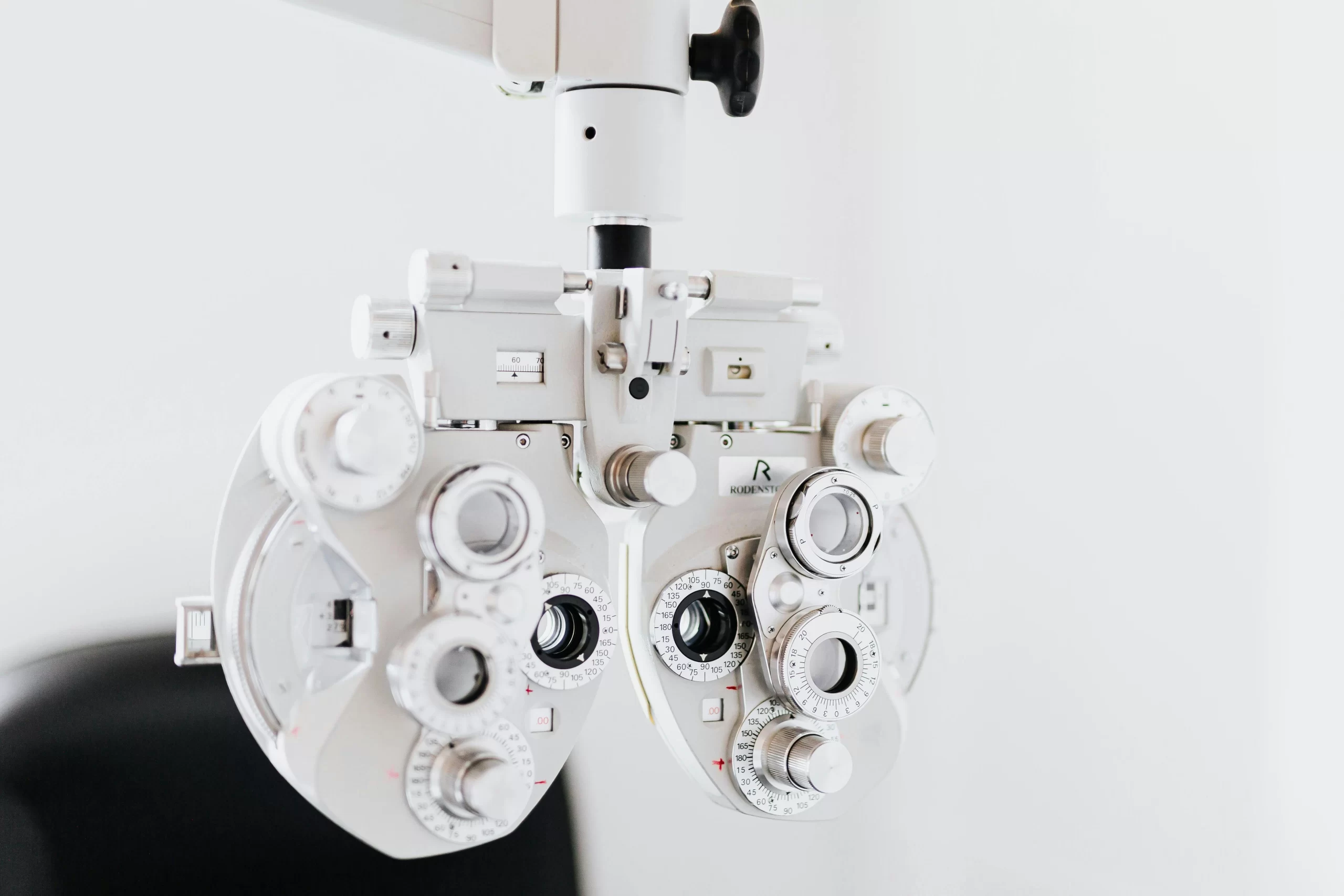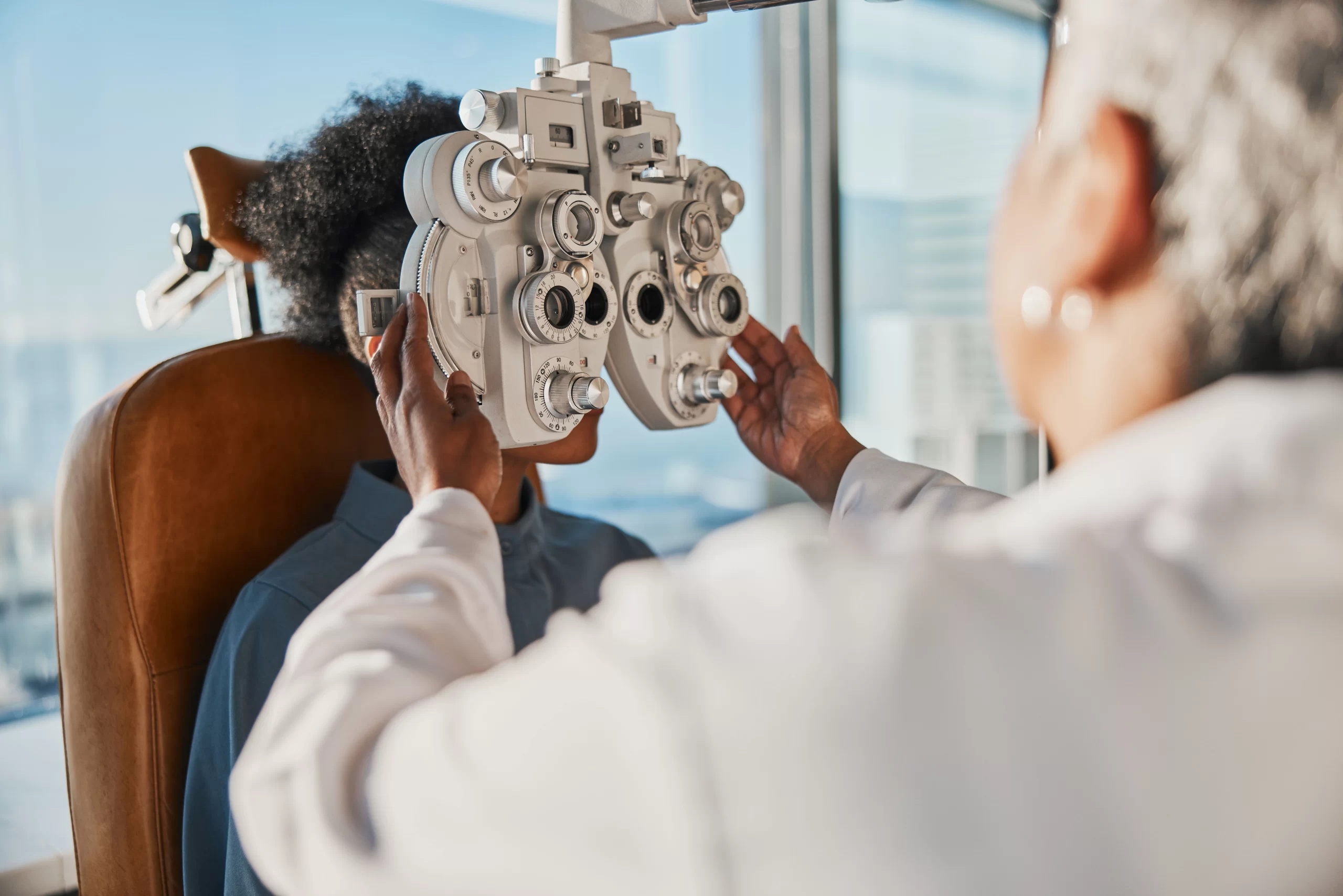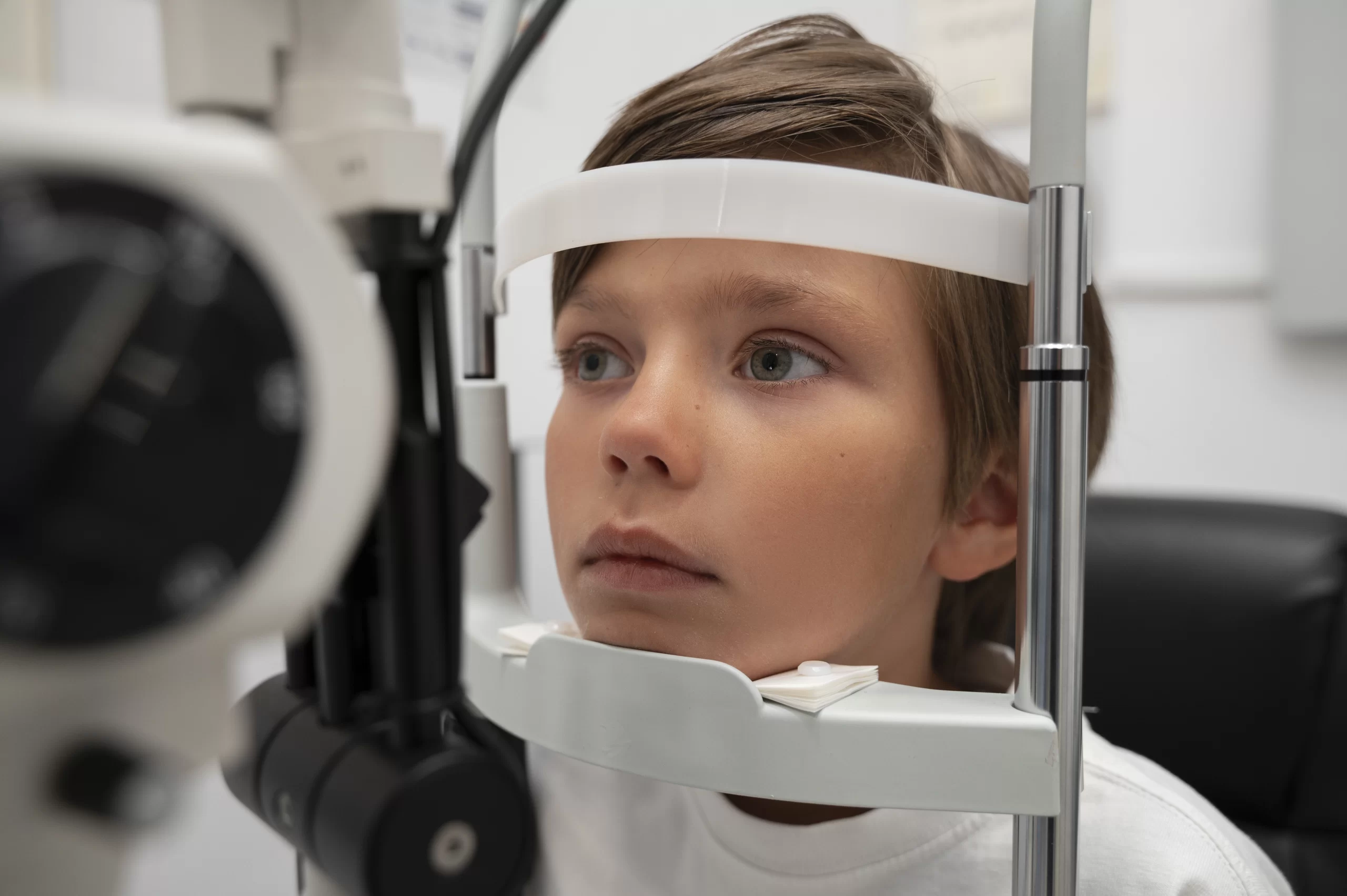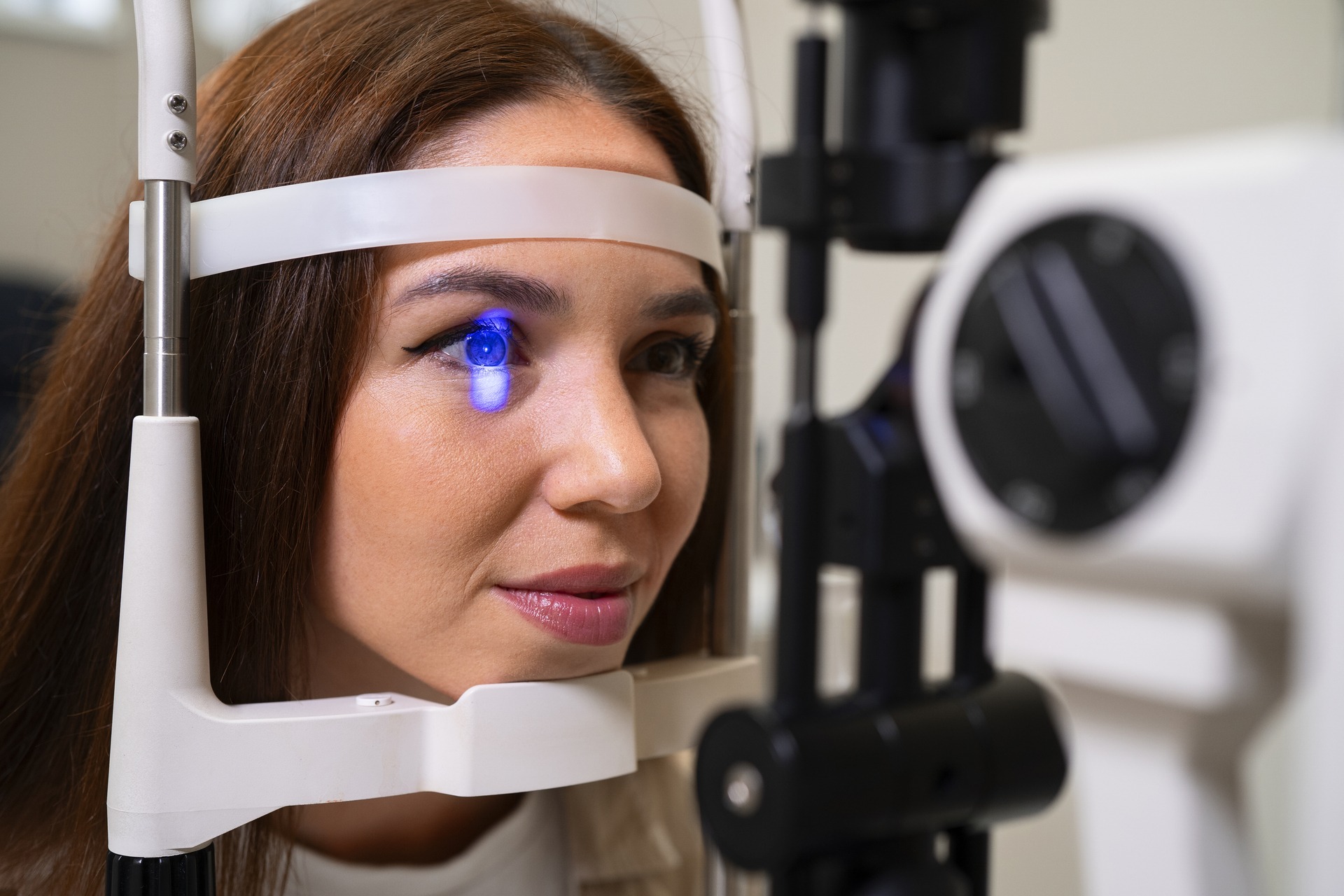Why You Need an Eye Exam for Glasses
Vision can change over time, often without noticeable symptoms. Regular eye exams are essential to detect any alterations in your prescription and to ensure your glasses provide the best possible correction. Beyond improving vision clarity, proper prescriptions help prevent eye strain, headaches, and discomfort associated with outdated or incorrect lenses. Additionally, comprehensive eye exams can uncover underlying health issues such as glaucoma or cataracts, which might not present symptoms until they have advanced.
What to Expect During an Eye Exam for Glasses
During an eye exam, an optometrist will conduct various tests to evaluate your vision and eye health:
- Vision Test: Assesses clarity at different distances using an eye chart.
- Refraction Test: Determines your exact prescription by testing different lenses to identify which provide the clearest vision.
- Eye Health Examination: Involves checking the overall health of your eyes, including measuring intraocular pressure (screening for glaucoma) and inspecting the retina and optic nerve.
Following the assessment, you’ll have the opportunity to choose frames that align with your style and comfort preferences. Optometrists typically offer a wide selection, ranging from designer brands to budget-friendly options.
How Often Should You Have an Eye Exam?
The frequency of eye exams depends on individual factors such as age, health, and whether you currently wear glasses. Generally, adults aged 18 to 64 are advised to have an eye exam at least every two years. However, those with existing vision issues or risk factors for eye diseases may benefit from annual check-ups. Regular examinations help monitor vision changes and ensure prescriptions remain accurate.
Choosing the Right Eyeglasses After Your Eye Exam
Selecting suitable eyeglasses involves considering several factors:
- Frame Style: Choose frames that complement your face shape and personal style.
- Lens Type: Depending on your needs, options include single-vision, bifocal, or progressive lenses.
- Material: Frames come in various materials such as metal, plastic, or lightweight titanium; select one that offers durability and comfort.
Consulting with your optometrist can provide personalized recommendations based on your lifestyle and visual requirements.
The Benefits of Professional Eye Care
Opting for a professional optical center for your eye exam and glasses ensures comprehensive care, access to a broad range of frames and lenses, and expert guidance. Investing in quality eye care supports long-term vision health and comfort.
Conclusion
Regular eye exams are crucial for maintaining clear vision and overall eye health. Whether obtaining new glasses or updating an existing prescription, professional eye care can significantly enhance daily comfort and visual clarity.

